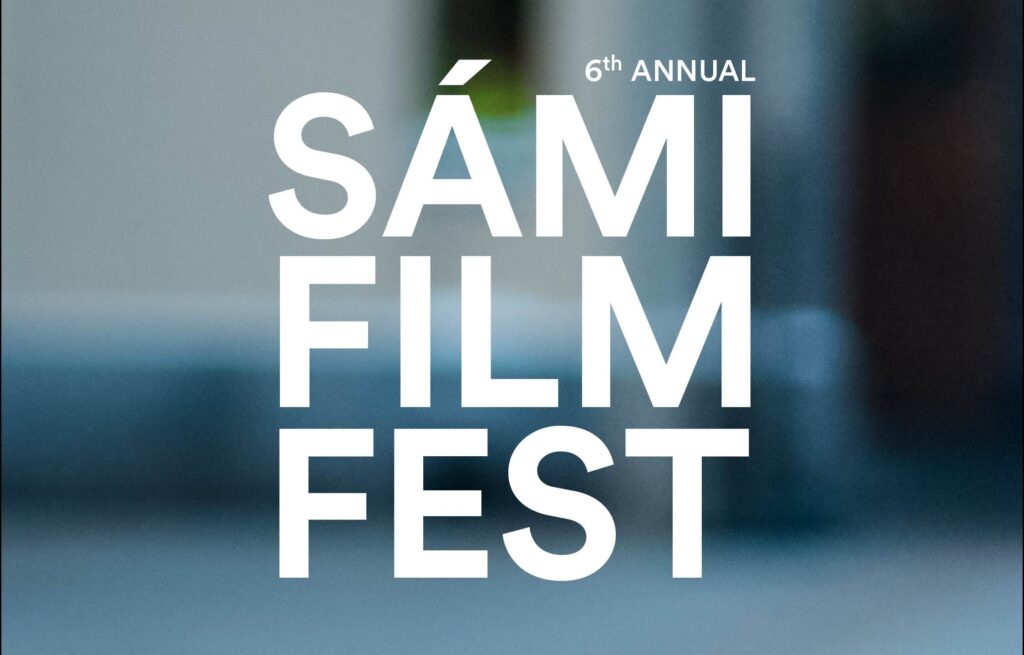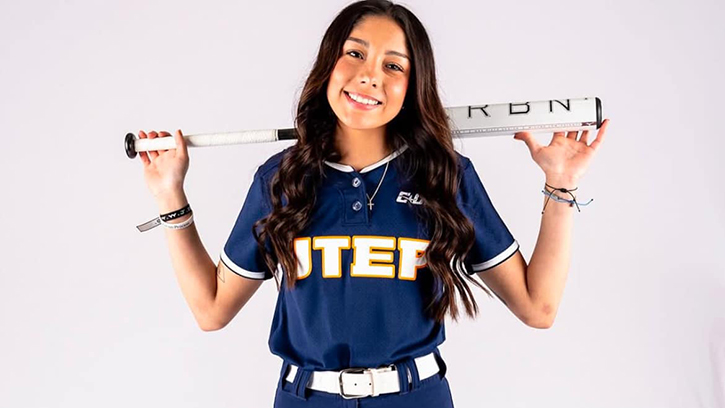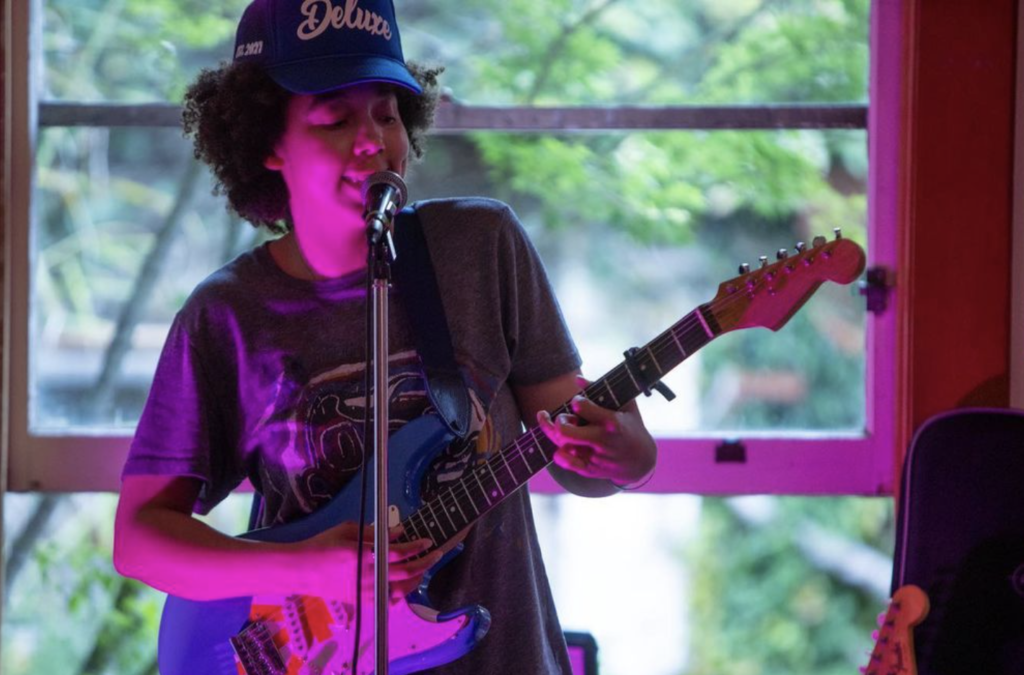Celebrating Indigenous Cinema: Highlights from the Sami Film Festival 2024
Written by daybreak on February 20, 2024
The Sami Film Festival, held on February 10th and 11th, 2024, offered an enchanting, evocative journey into the many worlds and stories of Sami culture through a diverse selection of films. It was an honor and a delight to attend a film festival that showcased deeply powerful narratives, illuminating the lived experiences of Sami people, as well as the realities of colonialism, and rooting within the fierce resistance and perserverance of Indigenous communities. While all of the films were amazing, well-made, and full of deep passion and artistry, there were three films in particular that resonated deep within my spirit.
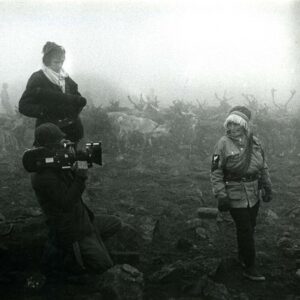
One such poignant film we got to experience on the opening night was “Je’Vida” (2023), directed by Katja Gauriloff, which delves into the consequences of assimilation policies on an aunt and her niece as they navigate their shared past in Lapland. Directed by Katja Gauriloff, “Je’Vida” unfolds estranged relationship of these two relatives, who embark on a journey to clear out a family house they’ve inherited in preparation for its sale. In this exploration, we are transported back and forth through time, to see the unfolding of their personal and cultural history.
A scene that resonated deeply was a flashback where Ada, the protagonist, is on a river with her grandfather, who speaks in “long thoughts” as she calls them, which really highlights the way that as Native peoples we are constantly thinking about the past, present, and future, how every action we make will affect the next seven generations. This film also unveils the effects of assimilation policies on her, as we learn that she belongs to a group called the Skolts. In post WWII there was a split in their treaty, with one half becoming part of Finland and one becoming part of the Soviet Union. This uncovering and remembering of land and cultural loss and assimilation ultimately leads to a rediscovery of and reconnection to their roots and culture, offering us hope. The film serves as a powerful reminder of the global impact of Indigenous land theft and assimilation, emphasizing the political identity of being Indigenous in the context of colonialism, and the similar stories of resistance that emerge from all of our stories around the world.
Another captivating film, “ÁFRUVVÁ – MERMAID” (2022), directed by Marja Helander, explores the concept of the áfruvvá, a Sámi sea-being and the ghost of a drowned person. Emerging from the sea, the áfruvvá experiences humanity in an abandoned museum. The film offers a reflective position on the experience of being Indigenous, as told through the perspective of áfruvvá, painting a picture of what it is like to be native to a place that has been desecrated and polluted, illuminating the sense of isolation, displacement and confusion we may feel as we understand how deeply the wounds of colonialism run. The haunting beauty of the film captivates the audience, offering a glimpse into the mystical world of Sámi folklore. 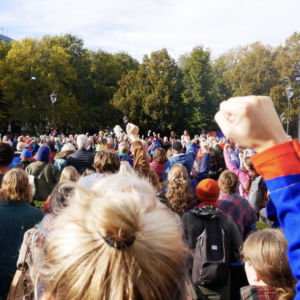
The festival also provided a unique opportunity to gain insights into the curation process through a talk by Liselotte Wajstedt, a Stockholm-based Sámi multimedia artist and award-winning filmmaker. Wajstedt’s extensive background in painting and fine arts, coupled with her proficiency in various film techniques, adds a dynamic layer to her directorial practice. The curator’s talk illuminated the intricate work involved in curating a film festival, weaving together diverse stories and perspectives.
The Sami Film Festival of 2024 showcased a mosaic of stories that reflected the resilience, diversity, and beauty of Sami culture. From the profound impact of assimilation policies to the exploration of Sámi folklore and queer narratives, each film contributed to a collective celebration of Indigenous identity. The festival not only entertained but also educated, fostering a deeper understanding of the challenges and triumphs faced by Indigenous communities worldwide.
